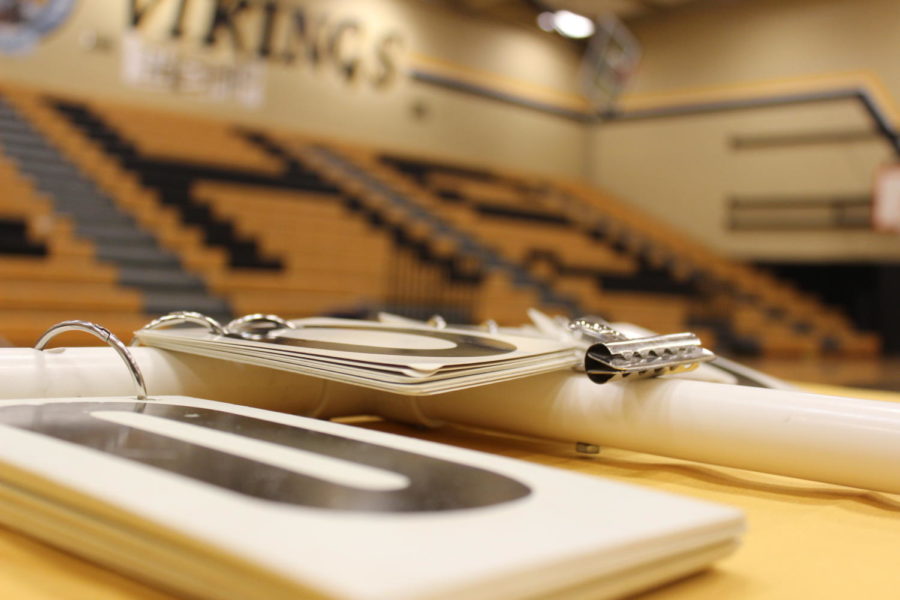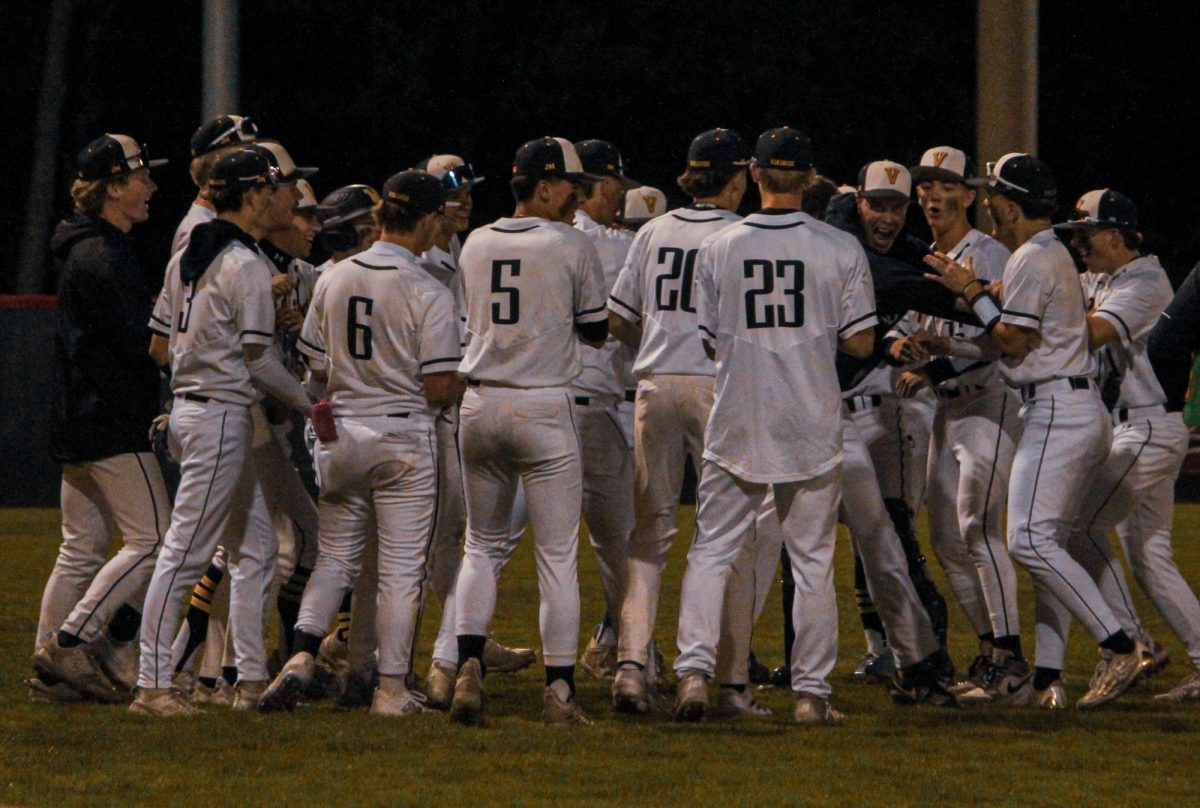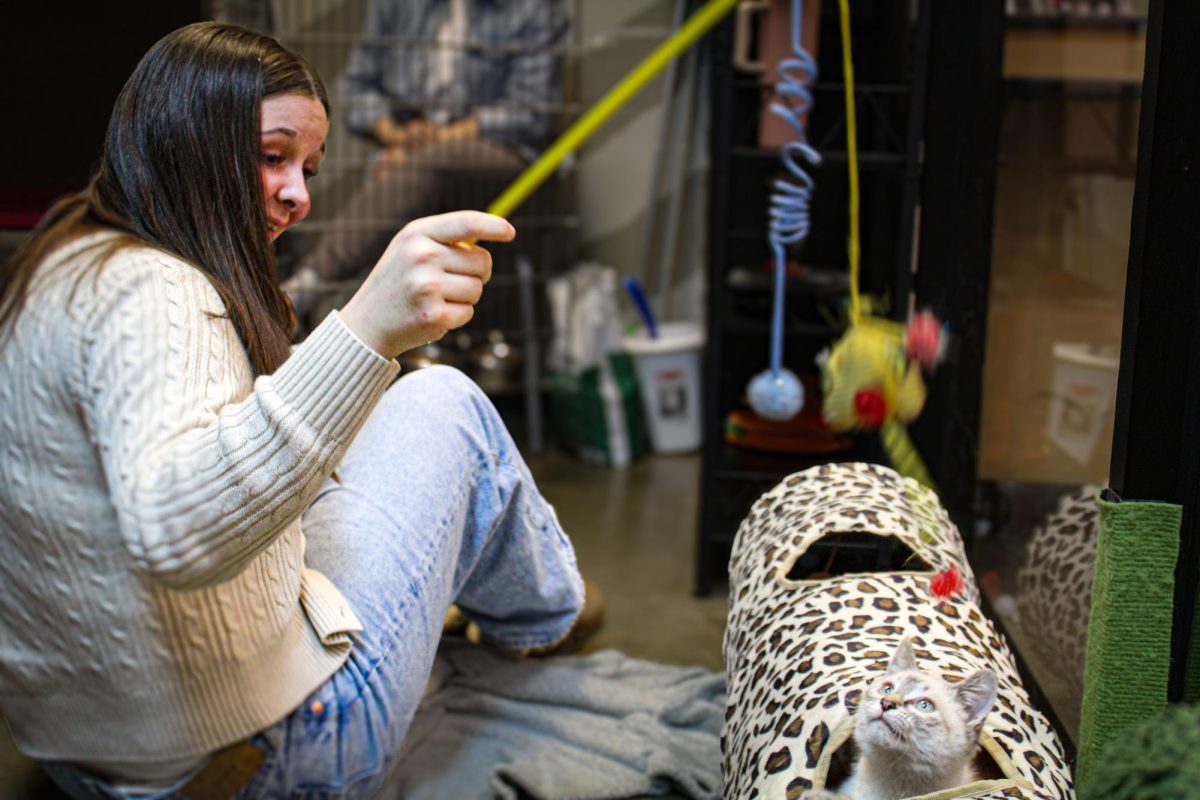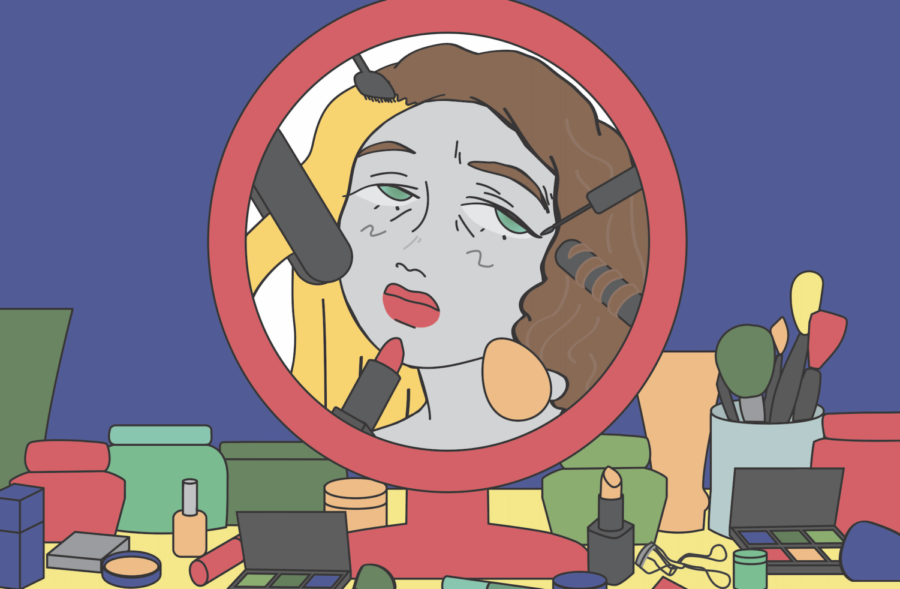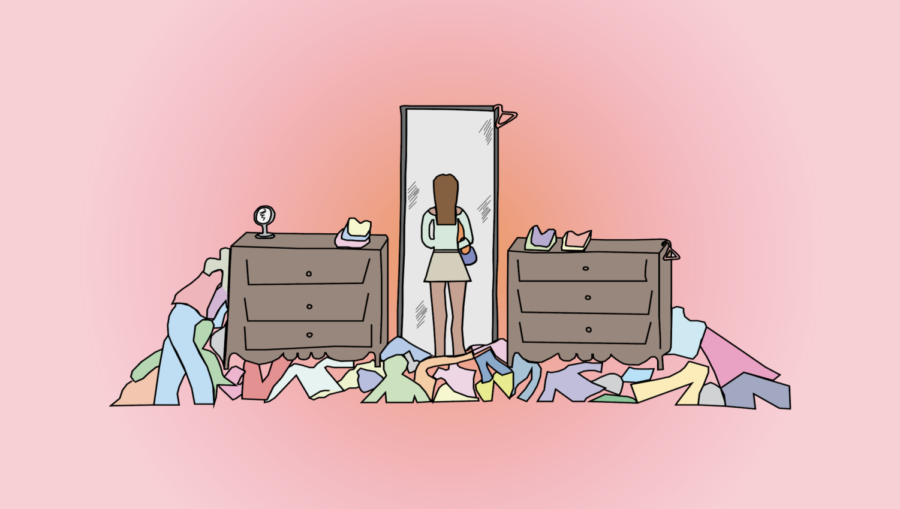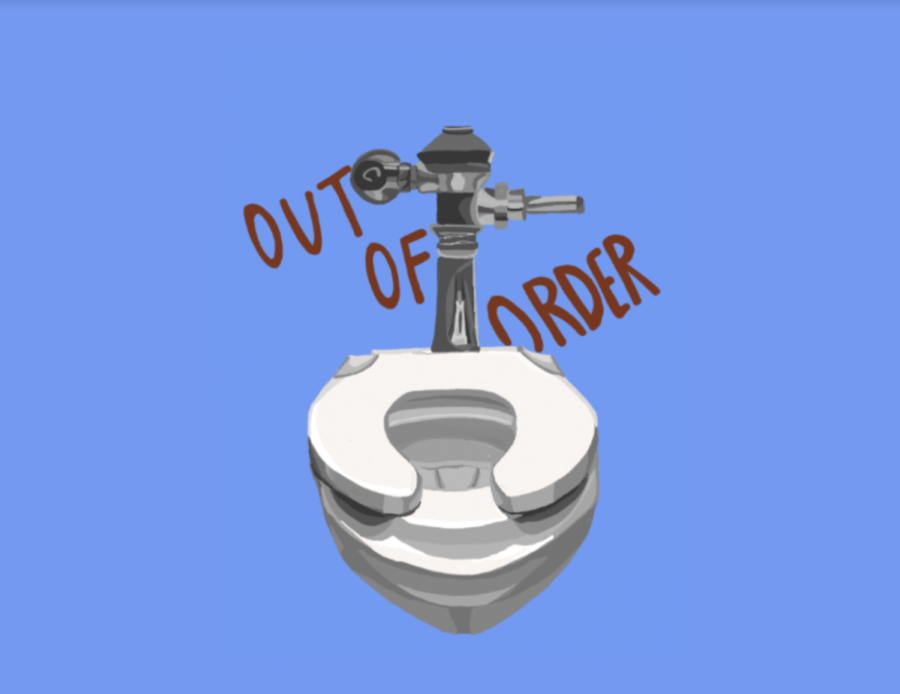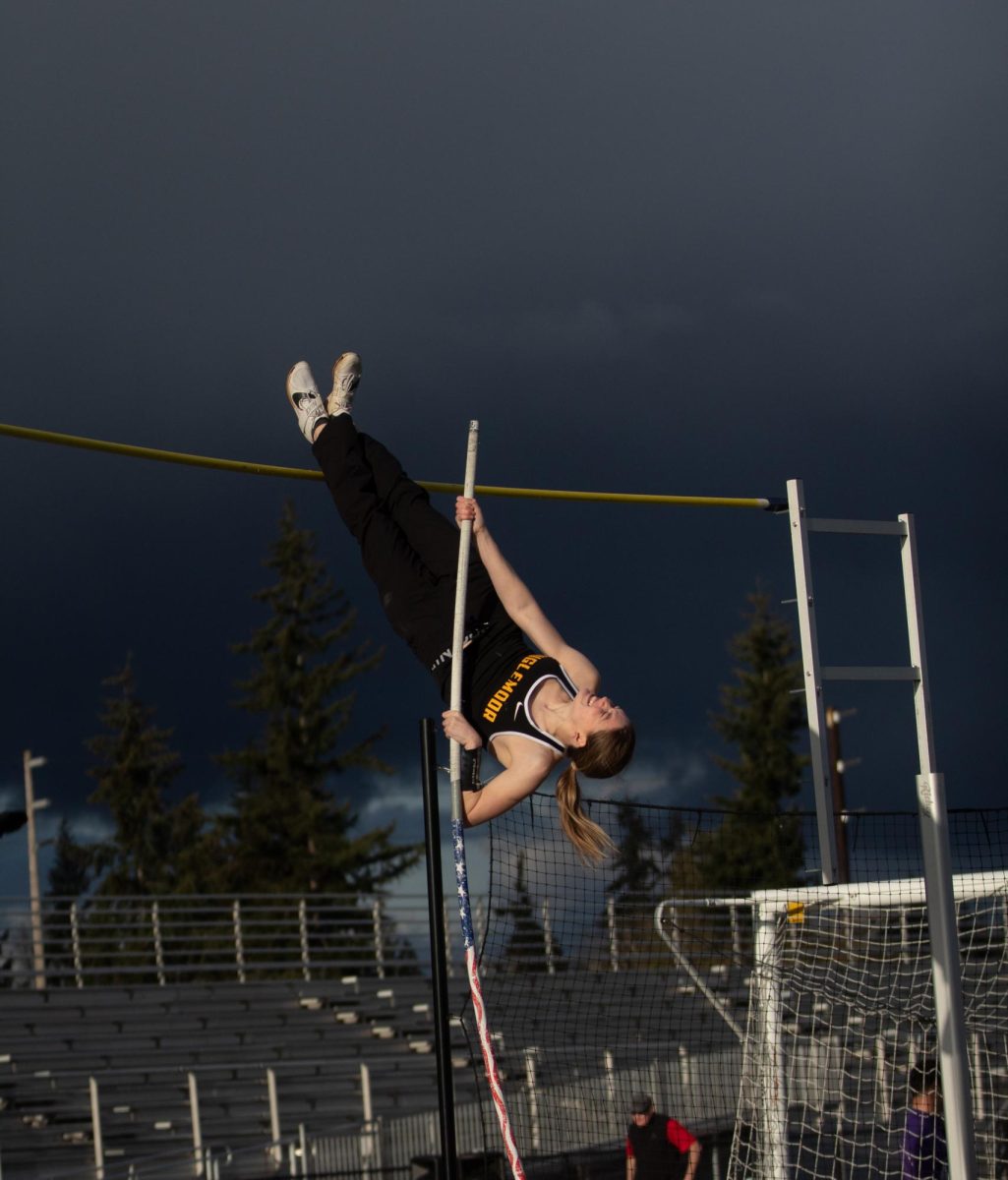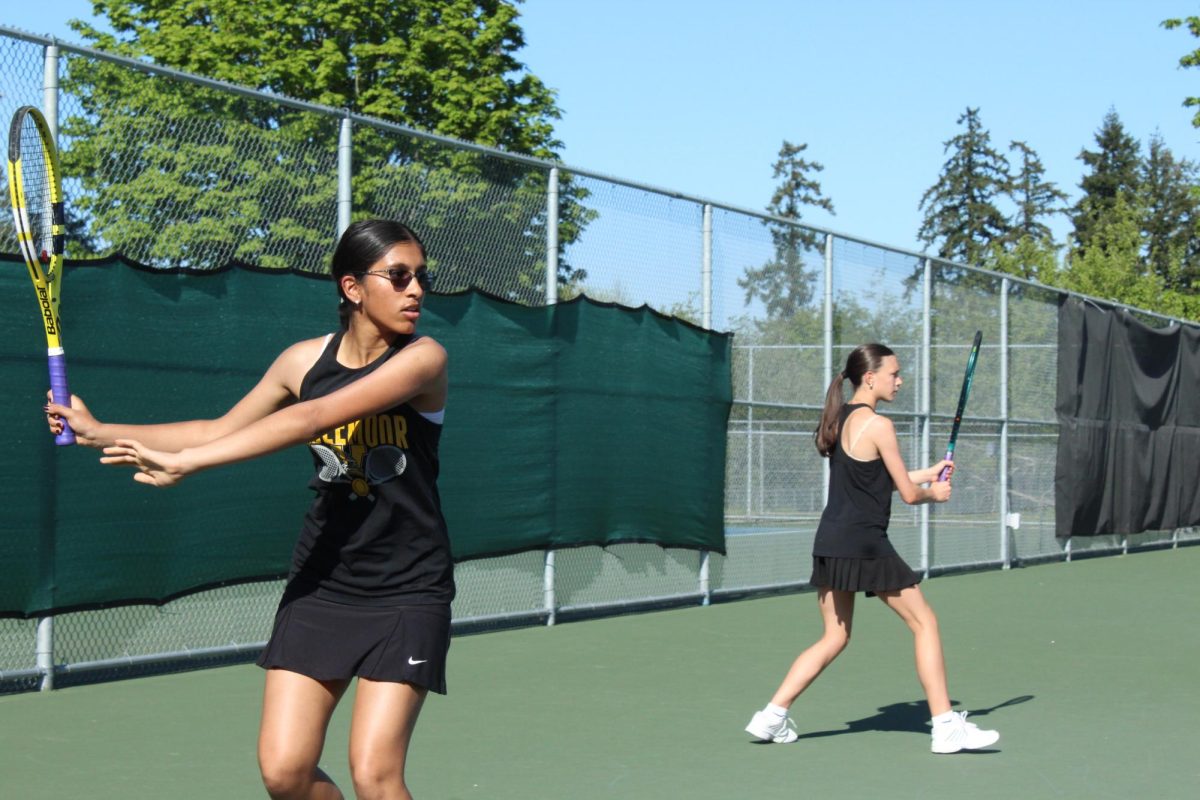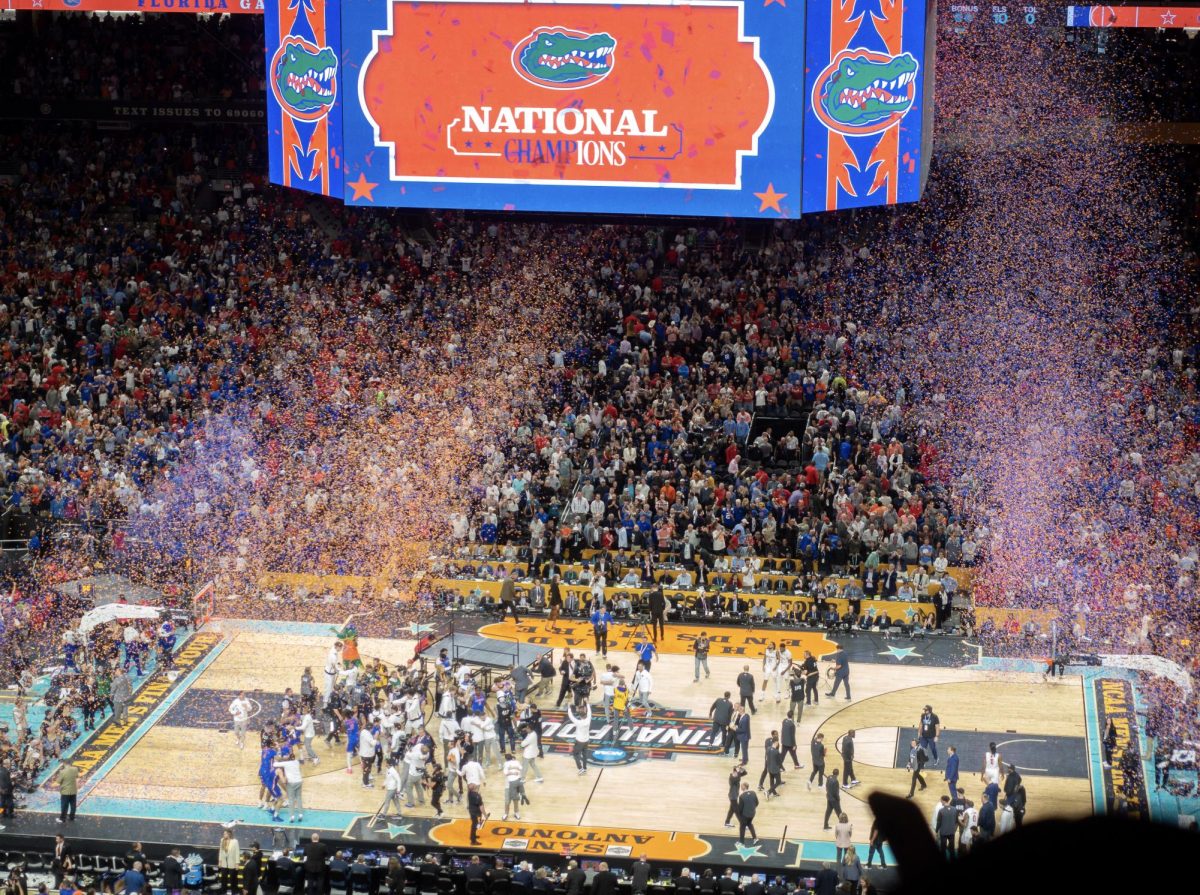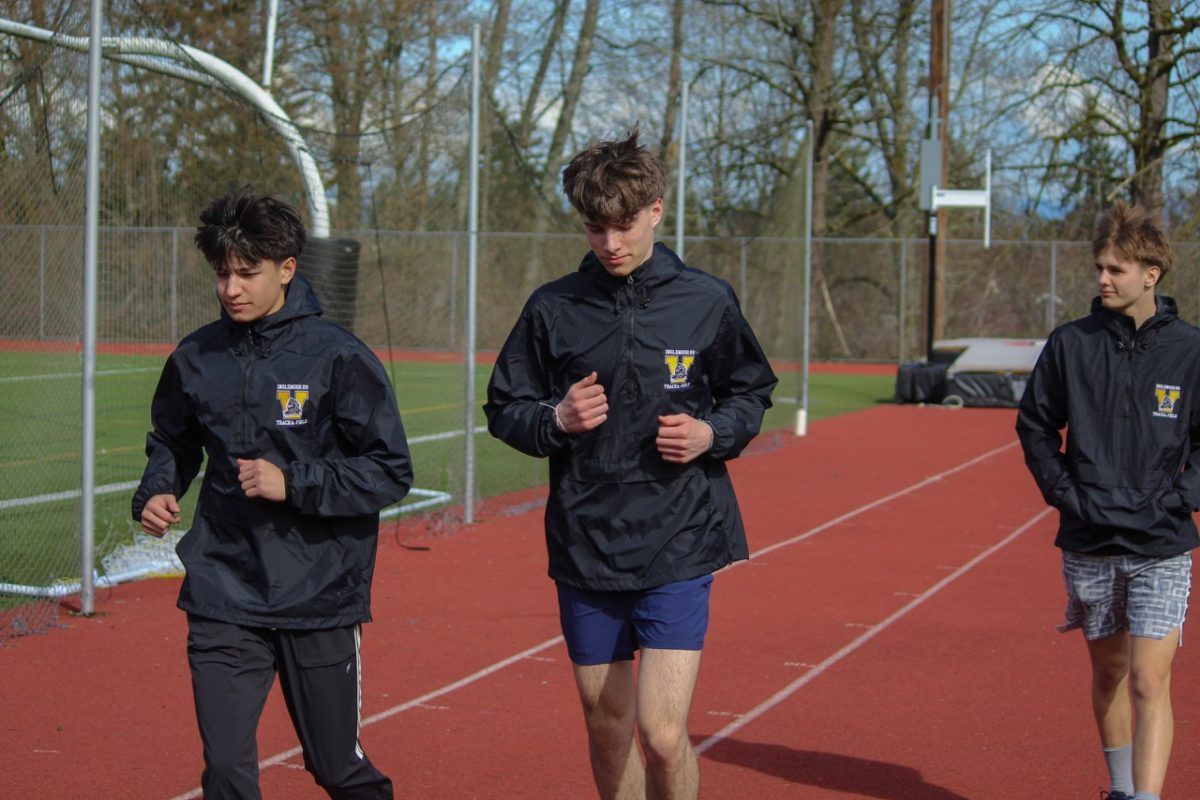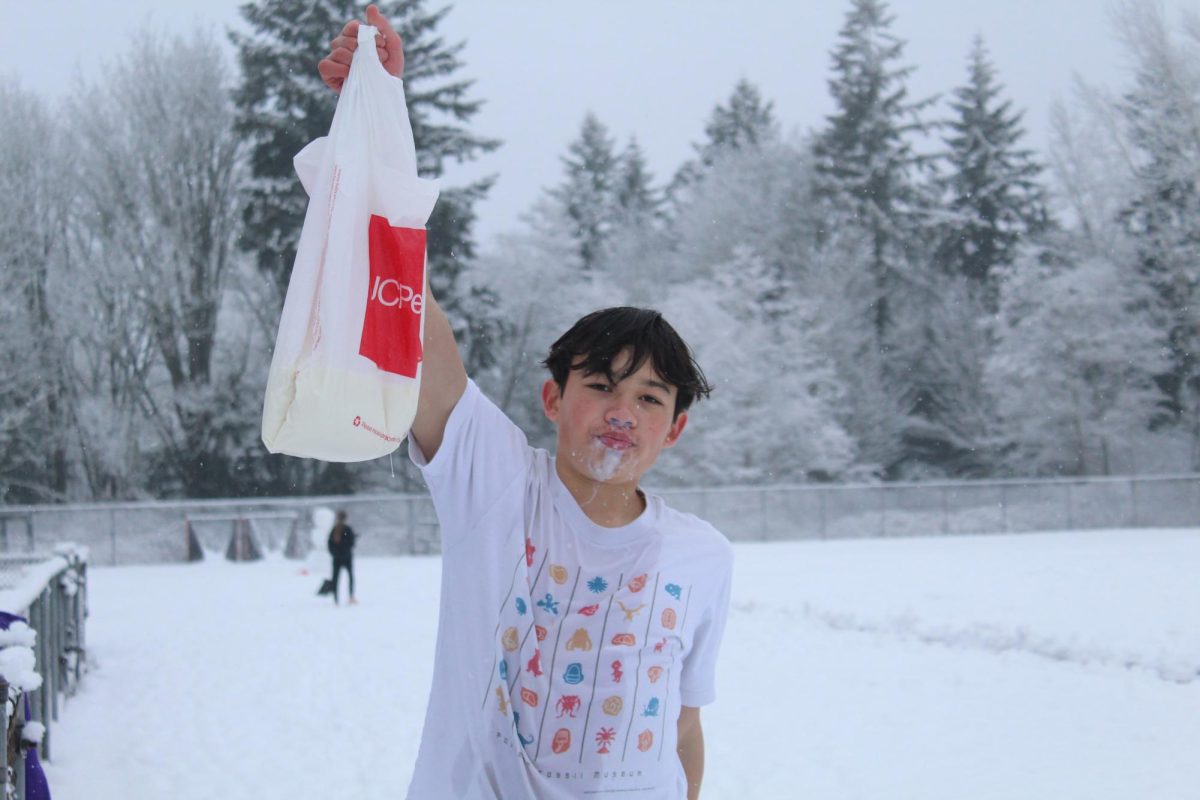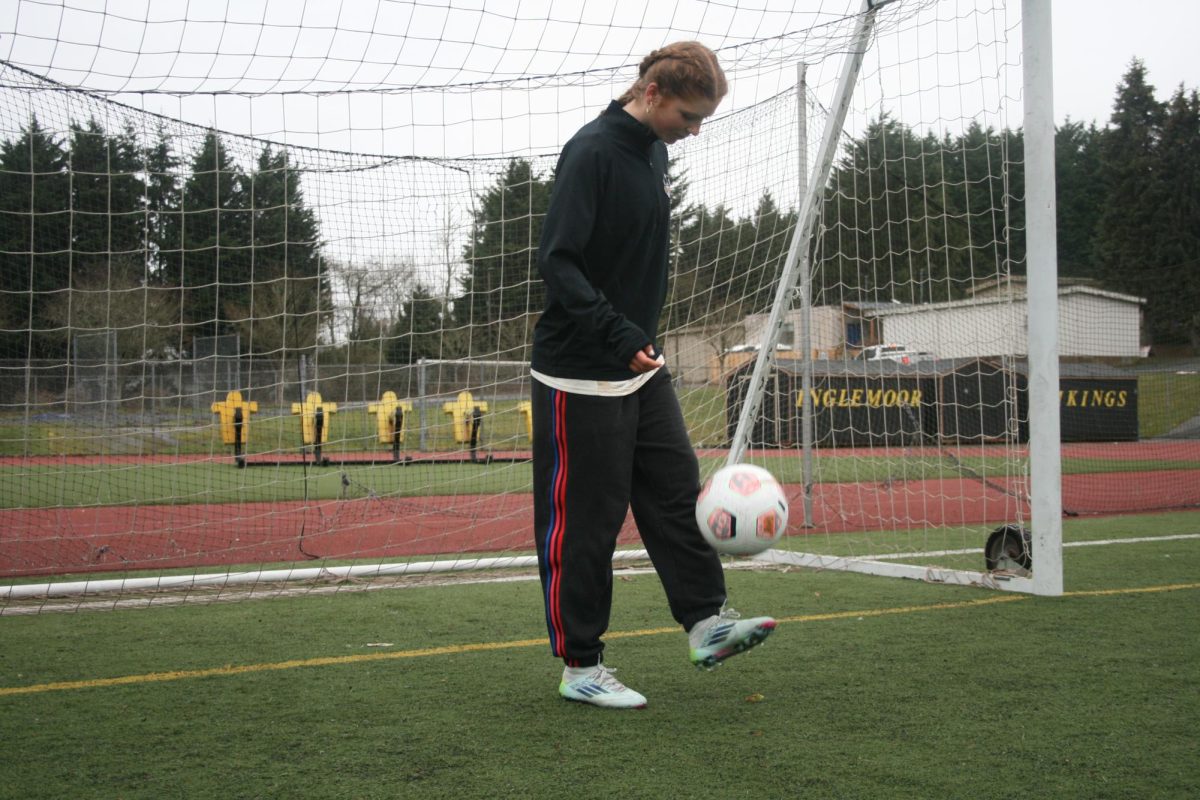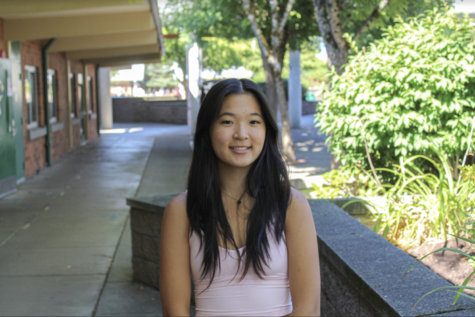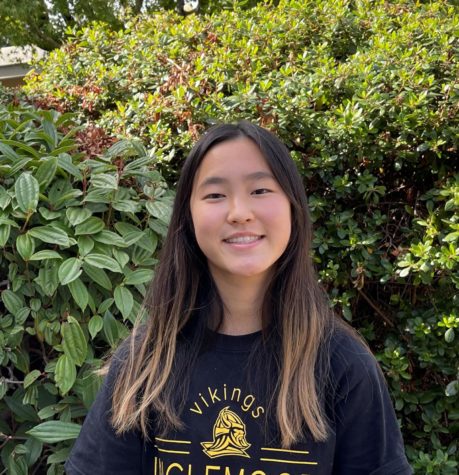Popular culture and Hollywood have demonstrated that high school sports are one of the most celebrated aspects of high school culture. But with that celebration comes pressure on student athletes to perform, particularly from coaches. This pressure can be motivational, but if taken too far can also have negative impacts on student mental health and the athletic experience.
Senior basketball player Riley Heike said that he has had positive experiences with coach Greg Lowell
“[Lowell] is very supportive…he rarely gets frustrated—and when he does, it’s usually for a good reason,” said Heike.
Similarly, junior soccer player Riley McQuade praised coach Kent Nelke’s non-confrontational yet encouraging nature, though jokingly noted that “it almost frustrates me that he doesn’t yell…because sometimes we need it.”
Junior football player CJ Ugokwoli said that overall his coaches try their best to help players grow as people.
Junior volleyball player Maxine Russell* echoed a similar sentiment within her own sport, and said volleyball head coach Marni Drechsel pushed players to be better.
But Russell drew a distinction in student athletics in general between pushing for improvement and bringing them down in the pursuit of better performance.
“Coaches should be able to push players and build good volleyball players, but there’s a difference between coaching and degrading a player,” said Russell.
Heike said that in general, coaches should create an environment where athletes can improve and feel confident.
McQuade said that only focusing on the results of their team, rather than player development, can cause coaches to be harsh and angry towards players.
If an athlete has a complaint, Northshore School District has a policy for students and families to find resolution. Earlier this year, multiple varsity volleyball players said they raised concerns with the administration about an overly stressful environment created by coaches, with some noting that it was having a negative impact on their mental health.
Junior volleyball player Piper Jiyamapa and senior volleyball player Elena Smithers*, two of those who had raised concerns, said that their families took measures to reach out to the administration about their negative experiences. Usually, the first step towards resolution is a restorative conversation between the students and staff.
Jiyamapa said that she spoke with Athletic Director Lance Gatter, Principal Adam Desautels and Assistant Principal Shawn Rainwater. She said she was appreciative of Desautels and Rainwater because they were able to help her reach a satisfactory solution that did not involve a restorative conversation with her coach. She said that both administrators made her feel heard.
Gatter was contacted for an interview, but he referred Nordic News to Northshore School District Communications Director Lisa Youngblood-Hall for her permission to conduct the interview. Hall did not respond to repeated email requests for permission to interview Gatter. Both volleyball coaches did not respond to interview requests.
Despite district policies in place, some student athletes said they would not be inclined to raise a formal concern to the administration, or did not know the process for doing so.
Ugokwoli said that if an inter-team conflict did occur, his first reaction would be to talk to his teammates rather than his coaches or the administration.
“Personally, I view myself as a captain of the team, and I feel like the team feels the same way,” Ugokwoli said. “It’s pretty easy for me to voice my opinion if we’re doing something wrong or if something could be better.”
Ugokwoli added that he does not feel comfortable talking to the Athletic Director in the event of a conflict.
Junior basketball player Kaito Shanafelt said he didn’t know that athletes could file complaints to the administration.
Shanafelt and McQuade said they felt many athletes would most likely put up with coaching conflicts in order to be able to play, and that filing a complaint may cause a player to lose their position on the team.
Junior basketball player Jordan Schenkein and Heike also said that they do not know the process of filing an athletic complaint, nor who they would go to.
“Personally, I would probably not want to,” said Schenkein. “It would have to be pretty extreme for me to go seek help, as I feel like I don’t have a very good connection with the staff.”
“The administration in general, I don’t really have a problem with going to them,” said Shanafelt. “I just don’t know if they would change or do anything.”
But Heike said that if the situation reached the point where an athlete’s safety was impacted, he would feel comfortable reaching out and sending an email to an administrator.
Schenkein said that he would feel more comfortable approaching the administration if they were more involved with the athletic programs and built personal connections with players.
Jiyamapa said she felt that the administration should prioritize their players over the coaches regardless of the intentions of the coaches.
“I personally prioritize impact over intention. I think it’s more important. It’s my mental health at stake,” said Jiyamapa. “It’s other players’ mental health at stake.”
How to file a complaint:
Northshore School District’s written board policy No. 4312 says that constructive criticism is valued, but the board has confidence in its staff and programs and will defend them from unwarranted criticism.
Northshore School District’s written administrative procedure No. 4312 says that most complaints can find resolution through informal discussions between the student and the appropriate staff members—which includes administrators—wherein they should attempt to find a mutually satisfactory solution. If a resolution is not reached, then the appropriate Assistant Superintendent should be involved.
If the complaint is still not resolved at that point, the student may file a formal written complaint with the Superintendent or designee. These forms can be found on the district website.



